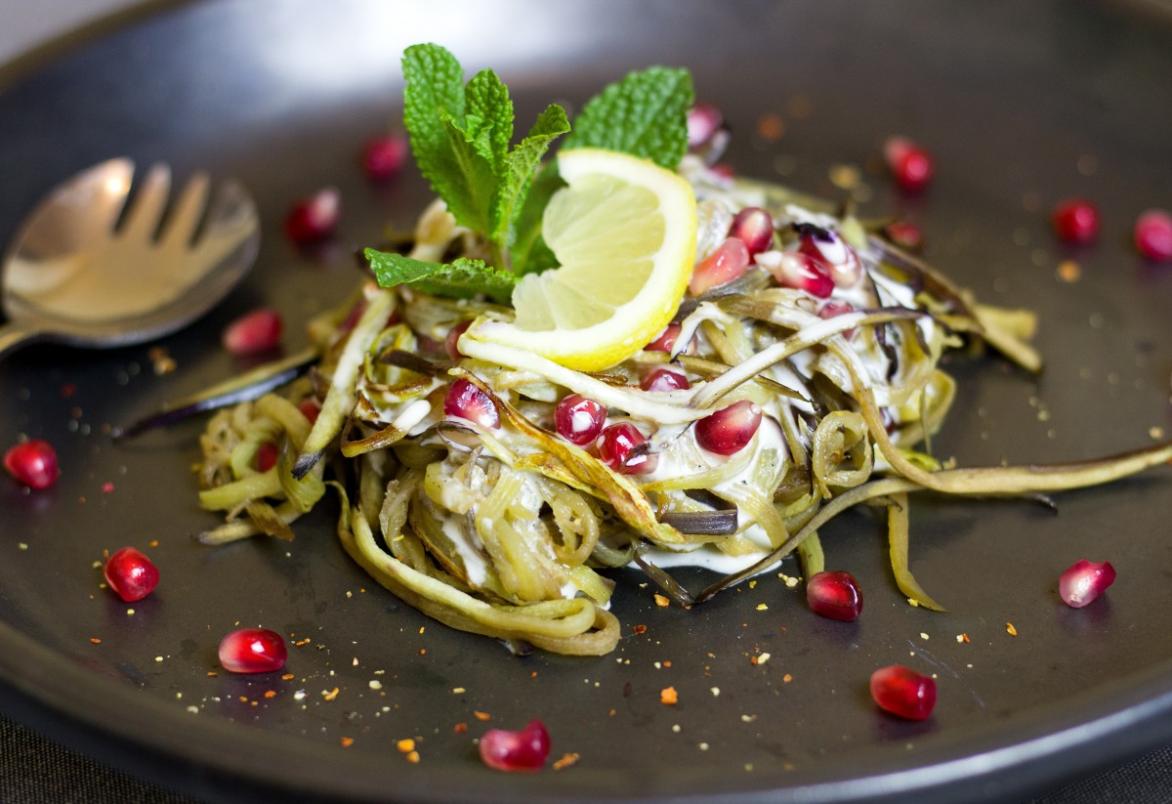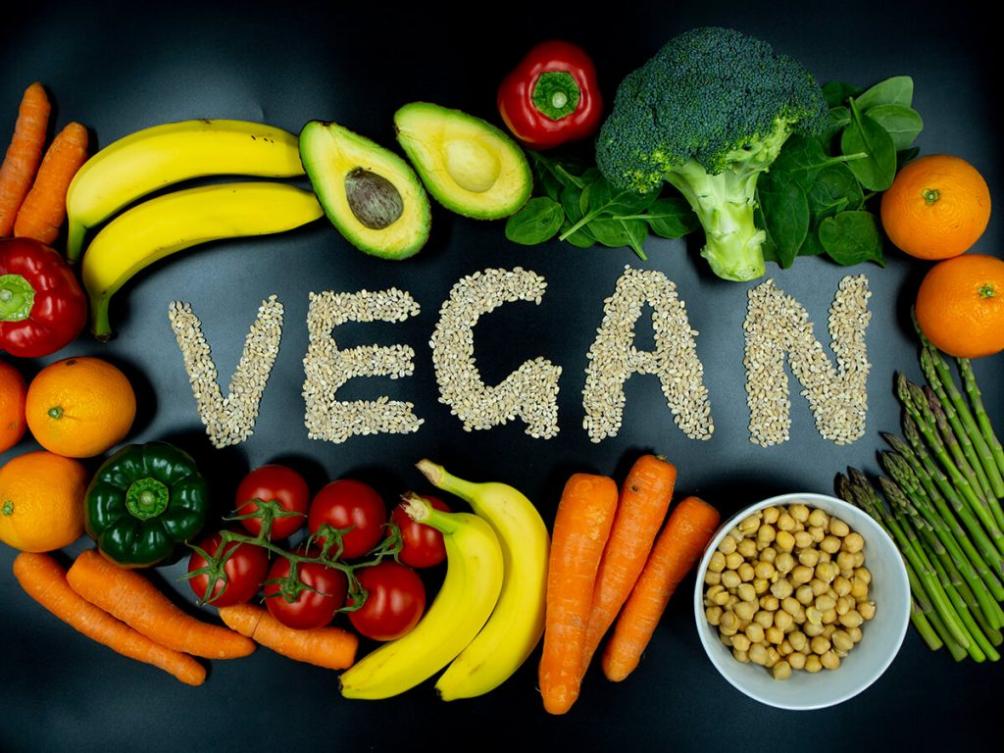How to Create a Vegan Meal Plan that Meets Your Specific Dietary Needs and Preferences
Adopting a vegan lifestyle offers numerous benefits for health, the environment, and animal welfare. However, creating a vegan meal plan that aligns with your unique dietary needs and preferences is crucial for optimal well-being. This comprehensive guide will provide you with the essential steps to craft a personalized vegan meal plan that meets your specific requirements and goals.

Assess Your Dietary Needs:
Understanding your individual dietary requirements is the foundation of a successful vegan meal plan. Consider factors such as:
- Allergies and Intolerances: Identify any food allergies or intolerances you may have to ensure you avoid these foods in your meal plan.
- Nutritional Deficiencies: Certain nutrients, like iron, calcium, and vitamin B12, may be more challenging to obtain on a vegan diet. Assess your current nutrient intake and consult with a registered dietitian or nutritionist for personalized guidance.
Set Clear Goals:
Define your dietary goals to create a meal plan that supports your aspirations. Whether it's weight management, improved health, enhanced athletic performance, or simply adopting a healthier lifestyle, having clear objectives will help you stay motivated and on track.
Understand Vegan Nutrition:
Familiarize yourself with the essential nutrients for a vegan diet, including:
- Protein: Plant-based sources of protein include legumes, nuts, seeds, and whole grains.
- Iron: Leafy green vegetables, fortified cereals, and beans are rich sources of iron.
- Calcium: Fortified plant-based milks, yogurts, and leafy green vegetables provide calcium.
- Vitamin B12: Vitamin B12 is primarily found in animal products, so vegans should consider fortified foods or supplements.
- Omega-3 Fatty Acids: ALA omega-3 fatty acids are found in flaxseeds, chia seeds, and walnuts. EPA and DHA omega-3s can be obtained from algae-based supplements.
Plan Your Meals:

Meal planning is key to achieving your dietary goals. Create a balanced and varied meal plan that includes all essential nutrients. Consider using meal planning apps or websites for convenience and inspiration.
Incorporate Variety:
Consuming a wide variety of plant-based foods ensures a balanced intake of nutrients. Include different food groups in your meals, such as fruits, vegetables, whole grains, legumes, nuts, and seeds. Experiment with new recipes and cuisines to keep your meals interesting and enjoyable.
Cook With Whole Foods:
Prioritize cooking with whole, unprocessed foods. Processed foods are often high in unhealthy fats, added sugars, and sodium, which can negatively impact health and contribute to nutrient deficiencies. Focus on preparing meals from scratch using fresh, whole ingredients.
Consider Supplements:
In some cases, supplements may be necessary to ensure adequate intake of certain nutrients in a vegan diet. Vitamin B12 and iron are two nutrients that may require supplementation. Consult with a healthcare professional before taking any supplements to determine the right dosage and avoid potential interactions.
Stay Hydrated:
Drinking plenty of water throughout the day is crucial for overall health and well-being. Dehydration can affect energy levels, mood, and digestion. Aim to drink eight glasses of water per day or more if you engage in physical activity or live in a hot climate.
Monitor Your Health:
Regularly monitor your health and well-being while following a vegan diet. Keep a food journal to track your meals and any changes in energy levels, mood, or digestion. Schedule regular check-ups with your healthcare provider to assess nutrient levels and overall health.
Creating a vegan meal plan that meets your specific dietary needs and preferences is essential for optimal health and well-being. By assessing your dietary requirements, setting clear goals, understanding vegan nutrition, and planning your meals, you can ensure a balanced and varied diet that supports your unique needs and aspirations. Remember to incorporate variety, cook with whole foods, consider supplements if necessary, stay hydrated, and monitor your health to optimize your vegan lifestyle.
YesNo

Leave a Reply